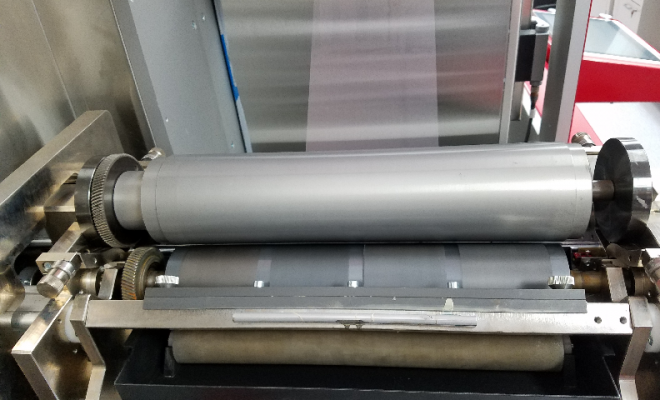Discover L-Carnitine and Its Benefits Thanks to Neuro Drinks’ Scientists

L-carnitine, or levocarnitine, is an amino acid-derived molecule that occurs naturally in the body. According to the experts at Neuro Drinks, L-carnitine is a conditionally essential nutrient, meaning that a healthy person can typically make enough of it. However, when people cannot produce enough L-carnitine, people may have to get L-carnitine from food or oral supplements.
L-carnitine plays an important role in energy production and the conversion of fat into energy by a cell’s mitochondria. It may also help with other bodily functions, such as maintaining brain function and lowering the risk of specific disorders.
Today, the researchers at Neuro Drinks introduce us to L-carnitine as they discuss the compound’s benefits, effectiveness, and more.
What is L-carnitine?
L-carnitine, a type of carnitine, is an amino acid derivative. L-Carnitine helps break down fatty acids in the body. When this happens, the fatty acids are converted into energy to power the cells. Specifically, L-carnitine carries long-chain fatty acids into a cell’s mitochondria so they can be oxidized to produce energy. The mitochondria also generate toxic compounds, which L-carnitine removes from the organelle.
The liver and kidneys can create L-carnitine from the amino acids methionine and lysine. The kidneys can also store L-carnitine, which can be used later, and any excess L-carnitine will be excreted.
L-carnitine Varieties
L-carnitine isn’t the only carnitine found in the body. Below, the experts at Neuro Drinks mention other forms of carnitine including:
Propionyl-L-carnitine contains pain-relieving and anti-rheumatic properties. It may also be good for heart health.
Acetyl L-carnitine, sometimes known as ALCAR, plays a role in the metabolic process and has neuroprotective properties that may help keep the nervous system safe.
D-carnitine is the optical isomer, or mirror image, of L-carnitine. D-carnitine is known to be harmful to the body since it may slow down or even prevent the absorption of other forms of carnitine.
L-carnitine L-tartrate is a form of carnitine that some athletes use as sports supplements and may be useful in minimizing muscle soreness and facilitating recovery.
Possible L-carnitine Benefits
As mentioned by the scientists at Neuro Drinks, L-carnitine holds a host of benefits.
Current research indicates that L-carnitine is likely to help with some markers of heart health. Supplementation may indeed help boost L-carnitine levels in a struggling heart. It may even improve heart health and blood and oxygen circulation in the short-term following a heart attack. L-carnitine supplementation may also aid with symptoms of heart failure, such as chest pain and arrhythmia.
In some cases, cancer treatments, like chemotherapy, may cause L-carnitine deficiency. In those cases, L-carnitine supplements could be beneficial. Indeed, several studies have recently indicated that L-carnitine supplements may help reduce fatigue, weakness, and other symptoms among cancer patients receiving chemotherapy treatment.
Other diseases or the failure of the kidneys or liver may also lead to L-carnitine deficiency. Doctors have been known to prescribe L-carnitine supplementation to support the function of the kidneys or liver and prevent deficiency.
Important Reminders When Taking L-carnitine
Your body produces L-carnitine naturally. The kidneys and the liver may produce enough to meet their daily needs, but L-carnitine is also widely available in many foods. It can be found in animal proteins, which include red meat, fish, and poultry.
Because the kidneys can store carnitine to be used later, a person’s overall levels will be the same regardless of diet. The kidneys also excrete excess L-carnitine to maintain healthy concentrations. Thus, healthy adults do not require L-carnitine supplementation to support their health.
A lot of athletes believe that L-carnitine can boost their athletic performance. L-carnitine availability has been found to limit muscle metabolism during high-intensity exercise. Following this observation, supplementing L-carnitine during intense physical training may support exercise performance, the Neuro Drinks team adds. Nevertheless, more research is needed in this area to fully understand how this works.
Researchers have found that supplementing L-carnitine can even have a positive effect for individuals after experiencing major injuries. This is especially helpful information as we age and need more of the building blocks required to maintain muscle mass. Many non-athletes find adding L-carnitine after a workout helpful in preventing muscle fatigue.








